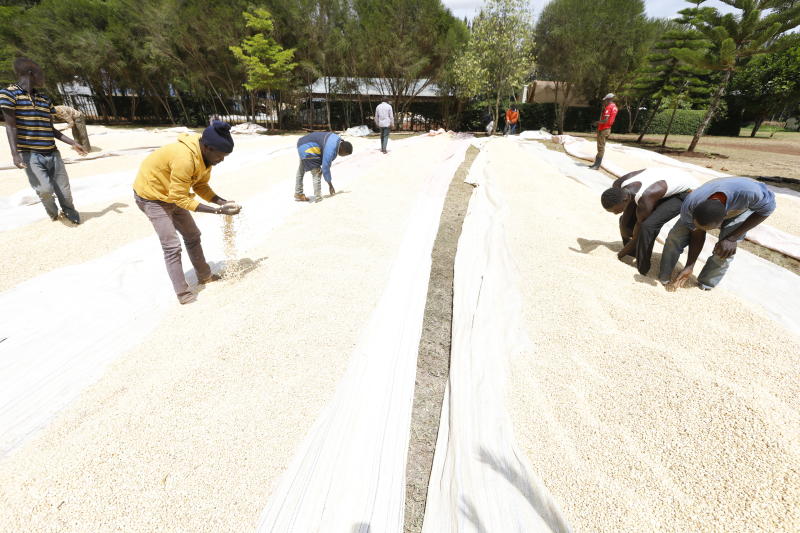×
The Standard e-Paper
Kenya’s Boldest Voice

It will be sulky Christmas for most maize farmers, who despite a bumper harvest will be without money.
Since the government suspended buying maize to allow investigations into the scam at the National Cereals and Produce Board (NCPB), most North Rift farmers have been left with no option but to sell their produce at throw-away prices.